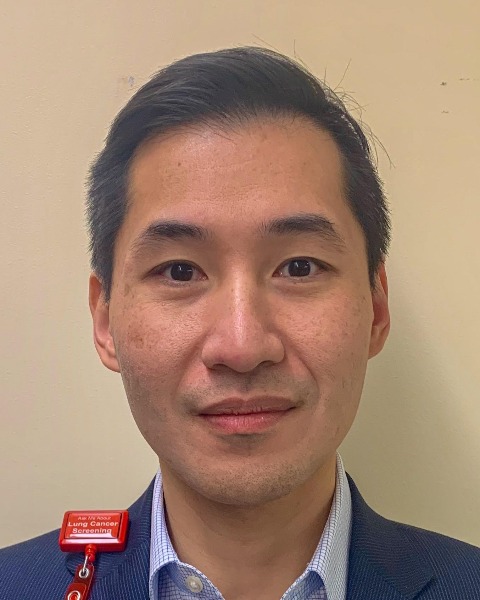General IR
Mentorship Expanded Networking and Teaching to Integrate and Enhance Residency (MEN-TIER)
- JY
Jenny J. Yan, MD
Resident
New York Presbyterian - Weill CornellDisclosure(s): No financial relationships to disclose
- NL
Nicole A. Lamparello, MD
Assistant Professor of Radiology
Weill Cornell Medical College - KS
Kimberly L. Scherer, DO (she/her/hers)
Assistant Professor
Weill Cornell/New York Presbyterian 
Bradley B. Pua, MD, FSIR
Associate Professor of Radiology
New York Presbyterian - Weill Cornell Medical College- BM
Benjamin J. May, MD
Assistant Professor of Radiology
Weill Cornell Medical College - BC
Brian M. Currie, MD
Assistant Professor of Radiology
Weill Cornell Medical College
Abstract Presenter(s)
Author/Co-author(s)
1.Tiered mentorship with faculty and residents can minimize challenges of trialing various mentors
2. Regular meetings help provide structure and accountability
3. Longitudinal relationships help IR/DR residents assimilate earlier and maintain connections to the department during intern year/diagnostic training years
Background:
Mentorship is the foundation for training and career development. To this end, a structured mentorship program was created at our institution in 2020 for IR/DR residents to pair 1-2 faculty advisors with a group of residents, one from each PGY class, based on personal interests and career paths. This is compared to a less formal mentorship program in the diagnostic residency. Funding is provided for both individual mentor/mentee meetings and group outings (both within mentorship “family” and combined events for all participants with team-building exercises), with recommended 1-2 quarterly meetings. Events and meetings are tracked for quality purposes, and there are yearly milestone documents for each mentee to help tailor the mentorship experience.
Clinical Findings/Procedure Details: A quality improvement survey with Likert scale format (1-5) was sent to the residency program (diagnostic and IR/DR) and IR faculty mentors. Responses were recorded from 10 diagnostic and 11 IR/DR residents in addition to all 6 IR/DR faculty mentors. There was a higher number of individual and group meetings between IR/DR cohort compared to the diagnostic group (1.6 vs 1.0 and 2.1 vs 1.4, respectively). IR/DR respondents reported 100% satisfaction with feeling more assimilated in the department and all would recommend the current mentorship model to other institutions. In the IR/DR cohort, 91% of respondents agreed the program made them comfortable conducting effective mentorship relationships as an attending, and 82% felt the tiered structured of being mentee and mentor simultaneously was beneficial. Importantly, 91% of residents agreed the program helped prevent burnout, which has been a critical issue during the COVID pandemic. Faculty responses mirrored residents with 100% overall satisfaction and all desiring a similar program when they were in training.
Conclusion and/or Teaching Points: The tiered mentorship model has had a positive impact on the IR/DR program by providing structured mentoring and longitudinal relationships. The most notable benefit for IR/DR residents is the early integration into the program, sustained mentorships relationships, and the prevention of burnout. Similar models can help other programs establish structured faculty and peer mentorship for residents early in training.

.jpg)
.png)
.jpg)
.png)
.png)
.png)
.png)
.jpg)
.png)